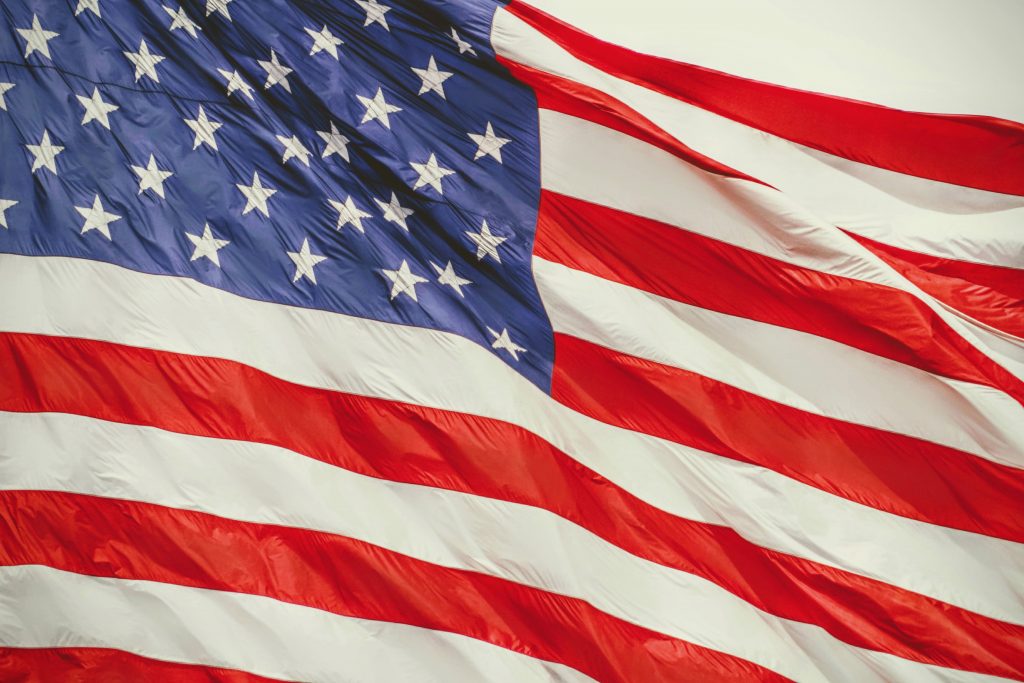The concept of extraterritoriality refers to the extension of the jurisdiction of a country's laws beyond its own borders, allowing it to regulate activities and enforce laws on foreign entities and individuals. In the case of the United States, extraterritoriality is particularly important due to the global reach of American businesses and the country's status as a major player in international trade and commerce.
One notable example of extraterritoriality in American law is the application of U.S. antitrust laws to foreign companies. The Sherman Act, which prohibits monopolies and other anticompetitive practices, has been used to target foreign companies that engage in anticompetitive behavior that affects the U.S. market. For example, in the landmark case United States v. Microsoft Corp., the U.S. government accused the software giant of using its dominant position in the computer operating system market to stifle competition in other markets, including web browsers. The case ultimately resulted in a settlement that imposed significant restrictions on Microsoft's business practices.
Another example of extraterritoriality in American law is the Foreign Corrupt Practices Act (FCPA), which prohibits U.S. companies and individuals from bribing foreign officials in order to obtain or retain business. The FCPA has been used to prosecute companies for corrupt practices that take place outside of the United States, so long as those practices have some connection to the United States. For example, in 2008, Siemens AG, a German multinational conglomerate, agreed to pay a $1.6 billion fine to settle charges that it violated the FCPA by bribing officials in several countries to win contracts. While most of the illegal payments occurred outside of the United States, Siemens also made payments through U.S. banks and used U.S. email servers, which provided the necessary connection to U.S. jurisdiction.
There are several examples of court cases where the extraterritoriality of American law has been tested. Here are a few notable examples:
- Morrison v. National Australia Bank: In this case, the Supreme Court ruled that U.S. securities laws did not apply to transactions that took place outside the U.S. This case set a limit on the extraterritorial reach of U.S. laws.
- United States v. Microsoft: In this case, the U.S. government sought to compel Microsoft to turn over emails stored on servers in Ireland. Microsoft argued that the U.S. government did not have the authority to access data stored outside of the U.S. The case was eventually settled after Congress passed the CLOUD Act, which clarified the rules around accessing data stored abroad.
- RJR Nabisco v. European Community: In this case, the European Community sued RJR Nabisco, alleging that the company had engaged in a global money-laundering scheme. The Supreme Court ruled that U.S. laws could be applied to conduct that occurred outside the U.S., but only if there was a clear intent to violate U.S. law.
- Kiobel v. Royal Dutch Petroleum: In this case, Nigerian nationals sued Royal Dutch Petroleum, alleging that the company had been complicit in human rights abuses committed by the Nigerian government. The Supreme Court ruled that U.S. courts did not have jurisdiction over the case, since the alleged conduct took place outside the U.S. and did not have a sufficient connection to the U.S.
These cases demonstrate the complexity and limitations of the extraterritorial reach of U.S. laws. The application of U.S. laws outside the U.S. is a contentious issue that raises important questions about sovereignty, jurisdiction, and the role of international law.




